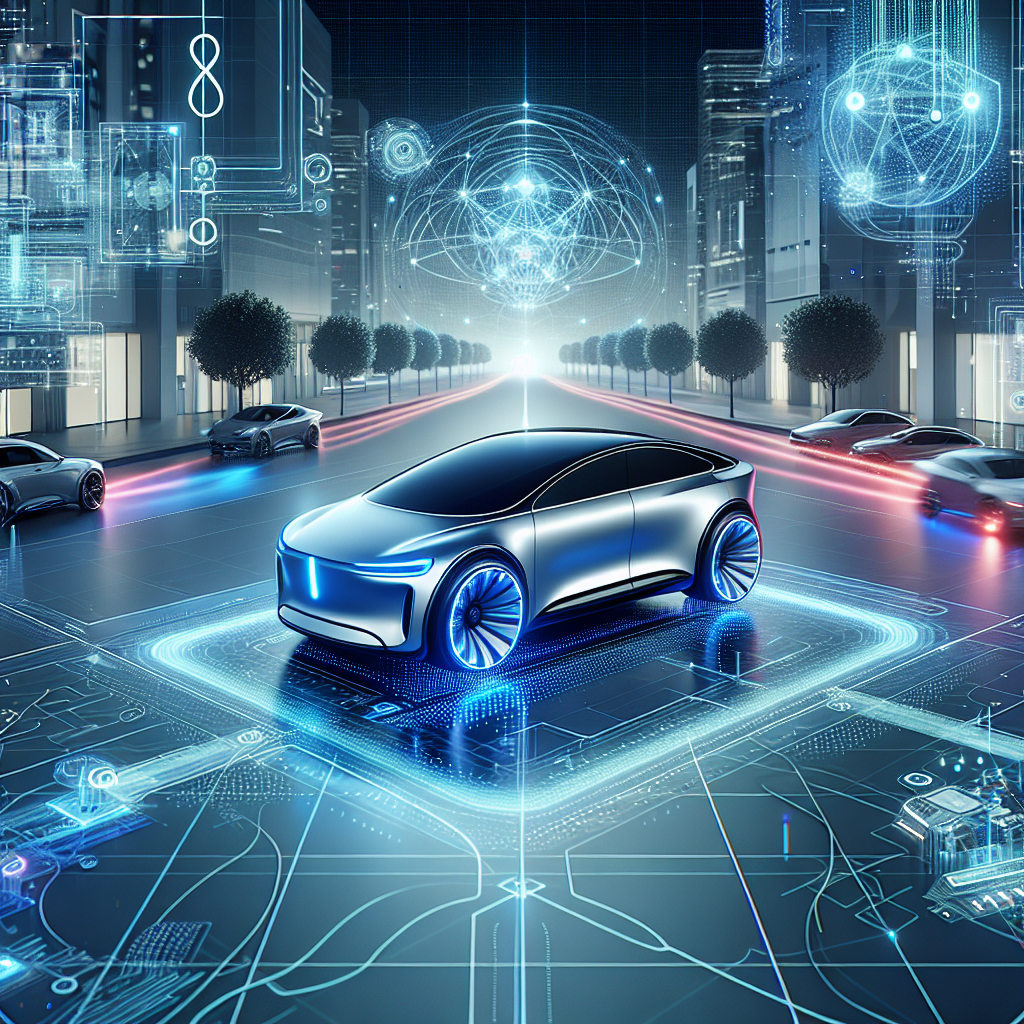The development of artificial intelligence (AI) in autonomous vehicles has been a hot topic in recent years, with major advancements being made by companies such as Tesla, Google, and Uber. As technology continues to evolve, the road ahead for AI development in autonomous vehicles is promising, but also presents challenges that must be overcome.
One of the key areas of focus in AI development for autonomous vehicles is machine learning. Machine learning allows vehicles to analyze data, make decisions, and learn from their experiences to improve their performance over time. This technology is crucial for autonomous vehicles to navigate complex environments, predict potential hazards, and make split-second decisions on the road.
Another important aspect of AI development in autonomous vehicles is computer vision. Computer vision technology allows vehicles to interpret their surroundings by analyzing images and videos captured by cameras, LiDAR, and other sensors. This enables vehicles to detect objects, pedestrians, and other vehicles on the road, as well as interpret road signs and traffic signals.
In addition to machine learning and computer vision, AI development in autonomous vehicles also involves the integration of sensor fusion technologies. Sensor fusion combines data from different sensors, such as cameras, radar, LiDAR, and ultrasonic sensors, to create a comprehensive and accurate picture of the vehicle’s surroundings. This allows vehicles to detect and respond to potential hazards in real-time, ensuring a safe and efficient driving experience.
Despite the promising advancements in AI development for autonomous vehicles, there are still challenges that need to be addressed. One of the main challenges is ensuring the reliability and safety of AI algorithms. Autonomous vehicles must be able to make split-second decisions on the road, and any errors or malfunctions in the AI algorithms could have serious consequences. Companies are working tirelessly to improve the robustness and reliability of their AI systems to ensure the safety of passengers and pedestrians.
Another challenge in AI development for autonomous vehicles is regulatory and ethical considerations. As autonomous vehicles become more prevalent on the roads, there are concerns about the legal and ethical implications of their use. Questions around liability, privacy, and data security need to be addressed to ensure that autonomous vehicles are deployed in a responsible and ethical manner.
Despite these challenges, the road ahead for AI development in autonomous vehicles is exciting. Companies are making significant investments in research and development to improve the capabilities and safety of autonomous vehicles. As technology continues to evolve, we can expect to see more advanced AI systems in autonomous vehicles, providing a safer and more efficient driving experience for everyone.
FAQs:
Q: How do autonomous vehicles use AI technology?
A: Autonomous vehicles use AI technology such as machine learning, computer vision, and sensor fusion to analyze data, interpret their surroundings, and make decisions on the road. These technologies enable vehicles to navigate complex environments, detect objects, and predict potential hazards in real-time.
Q: Are autonomous vehicles safe?
A: Companies developing autonomous vehicles are working tirelessly to improve the safety and reliability of their AI systems. While there have been incidents involving autonomous vehicles, the technology is constantly evolving to ensure a safe and efficient driving experience for passengers and pedestrians.
Q: What are the regulatory challenges of autonomous vehicles?
A: The deployment of autonomous vehicles raises regulatory and ethical considerations around liability, privacy, and data security. Governments and regulatory bodies are working to establish guidelines and regulations to ensure the responsible use of autonomous vehicles on the roads.
Q: When can we expect to see fully autonomous vehicles on the roads?
A: While fully autonomous vehicles are still in the development stage, companies are making significant advancements in AI technology to bring them to market. It is difficult to predict an exact timeline, but we can expect to see more advanced autonomous vehicles on the roads in the coming years.

